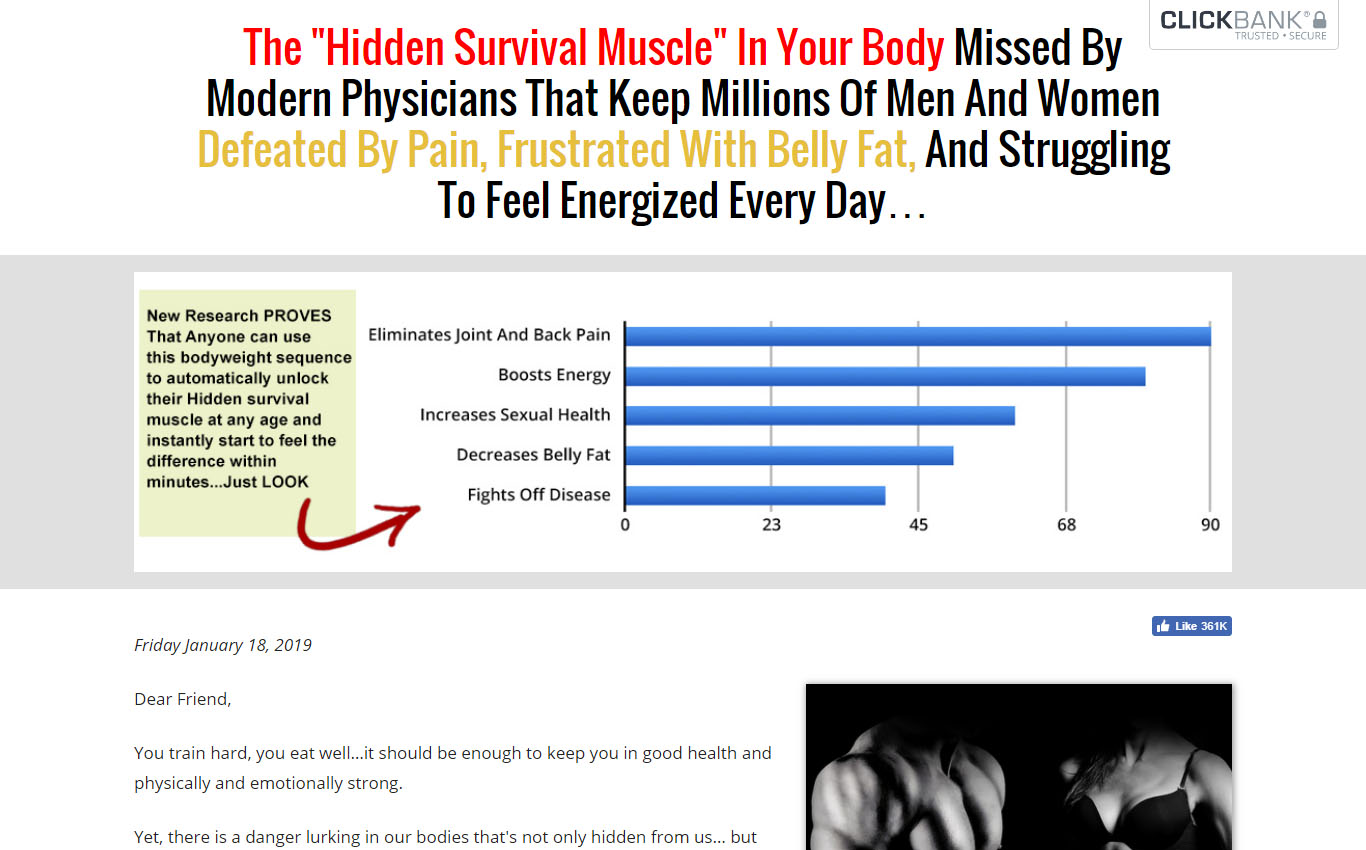If you’re lucky, you won’t notice your hips are tight until you’re trying to do the Half Pigeon pose in your yoga class. But if you’re not so fortunate, your tight hips are making themselves known every time you so much as walk to the bathroom or sit on the couch—expressing themselves in the form of lower back pain and muscle stiffness. Tight hips can even shorten your stride, slowing your 5K goal time!
If low back pain occurs after a recent injury — such as a car accident, a fall or sports injury — call your primary-care physician immediately. If there are any neurological symptoms, seek medical care immediately. If there are no neurological problems (i.e. numbness, weakness, bowel and bladder dysfunction), the patient may benefit by beginning conservative treatment at home for two to three days. The patient may take anti-inflammatory medications such as aspirin or ibuprofen and restrict strenuous activities for a few days.
Medications: A wide range of medications are used to treat acute and chronic low back pain. Some are available over the counter (OTC); others require a physician’s prescription. Certain drugs, even those available OTC, may be unsafe during pregnancy, may interact with other medications, cause side effects, or lead to serious adverse effects such as liver damage or gastrointestinal ulcers and bleeding. Consultation with a health care provider is advised before use. The following are the main types of medications used for low back pain:

When I do a deep knee bend like a sumo squat I get a popping in the outside of my left knee. It feels like a big tendon or ligament is slipping per something. It isn’t painful peer se but I’m afraid if I do it a lot it will be. Is that a relatively common symptom for a guy with tight flexors, it bands, etc? Should I just push through it or have it checked out?

The materials and information provided in this presentation, document and/or any other communication (“Communication”) from Onnit Labs, Inc. or any related entity or person (collectively “Onnit”) are strictly for informational purposes only and are not intended for use as diagnosis, prevention or treatment of a health problem or as a substitute for consulting a qualified medical professional. Some of the concepts presented herein may be theoretical.
Talmage, J; Belcourt, R; Galper, J; et al. (2011). "Low back disorders". In Kurt T. Hegmann. Occupational medicine practice guidelines : evaluation and management of common health problems and functional recovery in workers (3rd ed.). Elk Grove Village, IL: American College of Occupational and Environmental Medicine. pp. 336, 373, 376–377. ISBN 978-0615452272.
To stretch your quadriceps at the hip, the idea is to do the opposite movement to flexion, i.e., extension. You can perform extension moves at the hip while standing, lying on your side, lying prone (on your stomach) and kneeling. Even basic stretches done at a pain-free level where you can feel a small bit of challenge, and that are held continuously for approximately 30 seconds may translate to better posture and less back pain.
The hip flexors play an important role in everyday mobility and exercise. Involved in pulling the knee toward the hip, most movements either directly or indirectly use the hip flexors. That’s why even the slightest injury can cause great discomfort. Learn how you can recover from a hip flexor injury, and what precautions can be taken to avoid them.

To avoid hip flexor pain, you should pay more attention to these muscles, Dr. Siegrist explains. When you are seated, your knees are bent and your hip muscles are flexed and often tighten up or become shortened. “Because we spend so much of our time in a seated position with the hip flexed, the hip flexor has the potential to shorten up. Then, when you are in a hurry because you are running to catch a bus or a plane, or you trip and fall, the muscle could become stretched. Here’s this stiff, brittle muscle that all of a sudden gets extended, and you could set yourself up for strain or some hip flexor pain.” Click Here to Learn Unlock Hip Flexors

